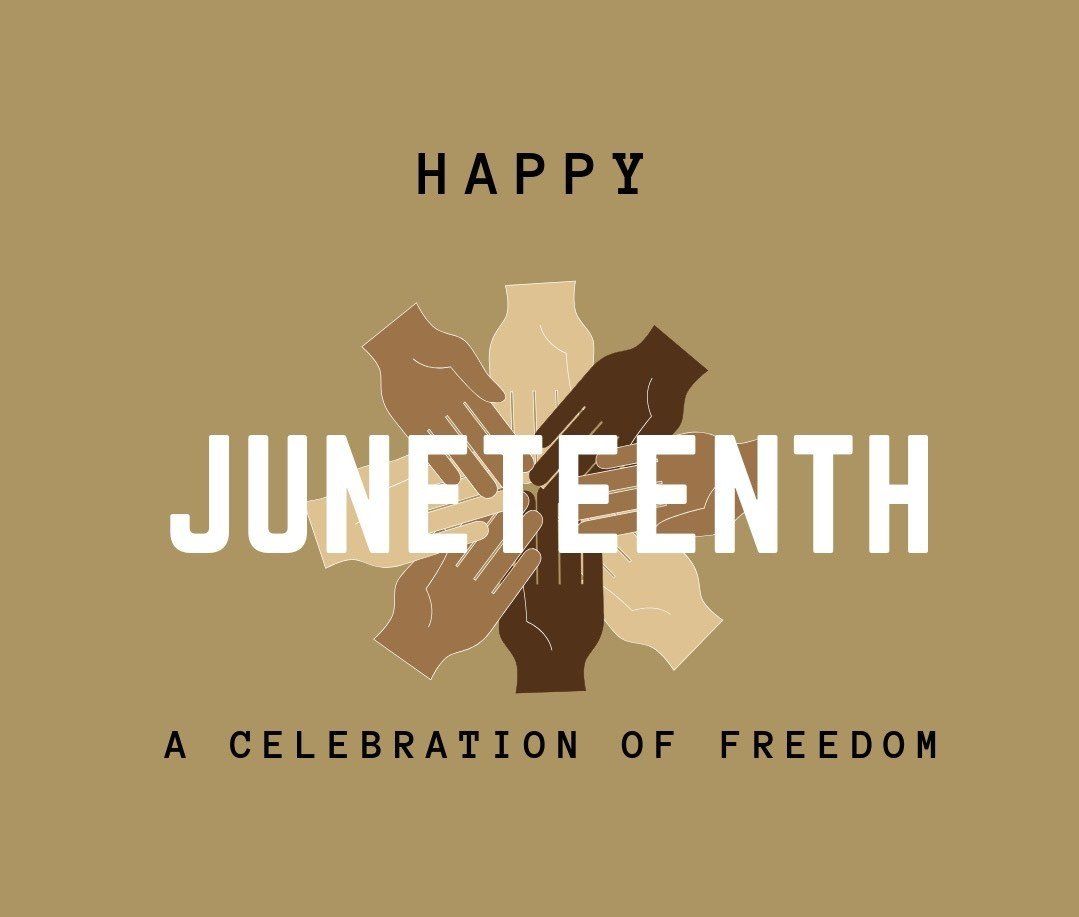Blog
Juneteenth, Celebrations date to 1866, at first involving church-centered community gatherings in Texas. It spread across the South and became more commercialized in the 1920s and 1930s, often centering on a food festival. During the Civil Rights movement of the 1960s, it was eclipsed by the struggle for postwar civil rights, but grew in popularity again in the 1970s with a focus on African American freedom and arts.
By the 21st century, Juneteenth was celebrated in most major cities across the United States. Activists are campaigning for the United States Congress to recognize Juneteenth as a national holiday. Juneteenth is recognized as a state holiday or special day of observance in 47 of the 50 U.S. states.
Modern observance is primarily in local celebrations. Traditions include public readings of the Emancipation Proclamation, singing traditional songs such as "Swing Low, Sweet Chariot" and "Lift Every Voice and Sing", and reading of works by noted African-American writers such as Ralph Ellison and Maya Angelou. Celebrations include rodeos, street fairs, cookouts, family reunions, park parties, historical reenactments, and Miss Juneteenth contests. The Mascogos, descendants of Black Seminoles, of Coahuila, Mexico, also celebrate Juneteenth.
The holiday is considered the "longest running African-American holiday" and has been called "America's second Independence Day". It is often celebrated on the third Sunday in June. Historian Mitch Kachun considers that celebrations of the end of slavery have three goals: "to celebrate, to educate, and to agitate"

